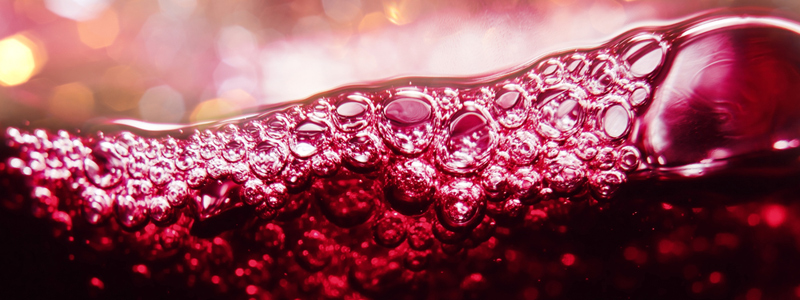A guide to cabernet sauvignon in Greece
In the seventeenth century in southwestern France, an accidental breeding occurred between a red Cabernet Franc grape plant and a white Sauvignon Blanc grape plant and thus was born the most popular grape among American wine drinkers: Cabernet Sauvignon.
Cabernet Sauvignon is a red grape varietal known for its thick, durable skin, and the vine’s resistance to the elements. After the birth of the grape, the Cabernet Sauvignon varietal began to be adopted in parts of France by winemakers searching for more durable plants that were relatively easy to grow, and the grape found its champion in the region of Bordeaux.
As the Bordeaux wine blend evolved into one of the world’s most famous and highly coveted wines, the Bordeaux brand spread across the globe, and with the press for Bordeaux went the Cabernet Sauvignon grape. As the name of the grape spread, and more people around the world began to grow it, many took to calling Cabernet Sauvignon the great colonizer, as it became the most widely planted grape globally, until Merlot overtook it in the nineties.The Bordeaux winemakers loved the grape’s healthy level of tannins, which meant the wine could evolve in the bottle for many years. They also determined that it responded incredibly well to spending time in oak, as the oak brought out beautiful new flavors. The result was a wine that was full-bodied with a medium level of acidity that was fantastic for drinking with food. As they started playing with the varietal, they began blending it with other grapes, such as Merlot, and created the world’s most famous wine blend: the Bordeaux blend.
Apart from its success in Bordeaux, Cabernet Sauvignon saw its reputation take off even further when it was planted in California. In 1976, a Cabernet Sauvignon from Stags’ Leap in the Napa Valley beat out the top Bordeaux Chateaus in the 1976 Judgement of Paris in a blind taste test. From that moment on, California Cabernet Sauvignon was launched into the world and began to be ordered at steakhouses around the globe.

As a wine, Cabernet Sauvignon is known for its dark color, full body and an alcohol content that is over 13.5%, with most Cabernet Sauvignons, especially those from places such as California, Australia and Chile, being more like 14.5% and sometimes even going over 15%. The wine is dry (not sweet) and has a healthy level of tannin, which is why your mouth dries out when you sip it. Many people who drink Cabernet Sauvignon say they always pick up a taste of green pepper in the wine, along with tobacco, cassis, and dark fruits such as cherries, along with a hint of vanilla that comes from the wine aging in the oak.
Cabernet Sauvignon is a wine that needs to be drunk with food, given its acidity, tannins and alcohol. We don’t think there is a hard and fast rule for drinking wine with food, you drink wine you like with food you like to eat, but Cabernet Sauvignon is definitely a wine that does better with food than without food, as by itself, it can be overwhelming.
Comments
Post a Comment